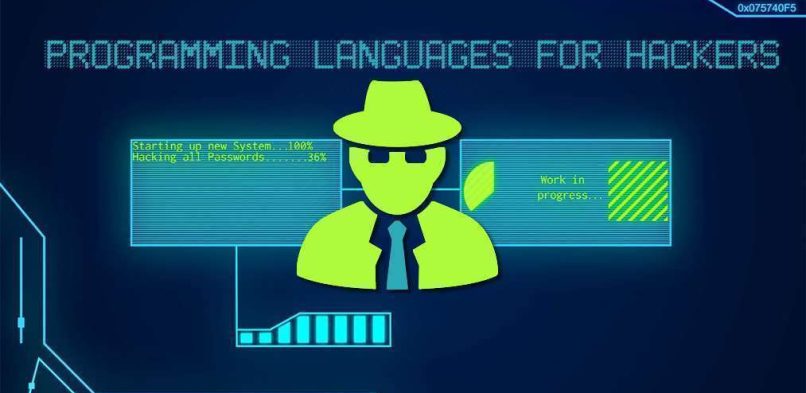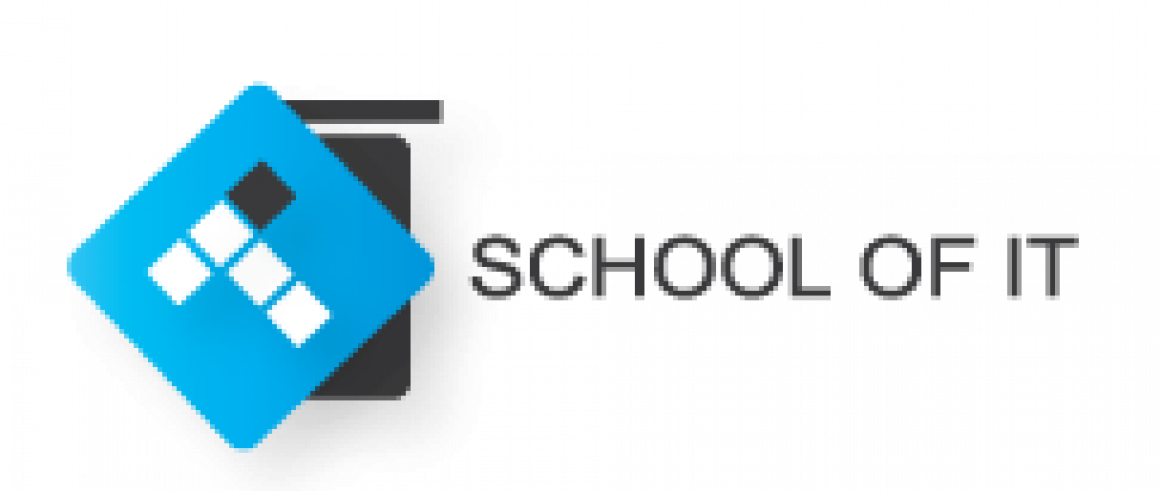5 Best Programming Languages for Hacking

5 Best Programming Languages for Hacking
August 9, 2024 Comments Off on 5 Best Programming Languages for Hacking5 Best Programming Languages for Hacking
Best Programming Languages To Learn For Hacking In 2024
As we move into 2024, the landscape of cybersecurity and hacking continues to evolve, influenced by emerging technologies and threat vectors. Here are the best programming languages to learn for hacking in 2024:
-
Python:
- Why: Python remains the go-to language for cybersecurity due to its simplicity and extensive libraries. It’s ideal for scripting, automating tasks, and developing security tools.
- Key Libraries: Scapy (network packet manipulation), Requests (HTTP requests), and Nmap (network scanning).
-
JavaScript:
- Why: With the continued prevalence of web applications, JavaScript is crucial for understanding and exploiting web vulnerabilities like XSS and CSRF. Knowledge of both client-side and server-side JavaScript (Node.js) is beneficial.
- Use Case: Crafting payloads for web attacks or manipulating web application behavior.
-
Rust:
- Why: Rust is gaining traction in security due to its focus on memory safety and performance. It’s increasingly used for developing secure systems and tools.
- Use Case: Writing secure applications that are less prone to memory corruption vulnerabilities, which is critical in systems programming.
-
Go (Golang):
- Why: Go is popular for developing scalable and efficient security tools. Its concurrency model and simplicity make it suited for creating high-performance applications.
- Use Case: Many modern security tools, including some parts of cloud infrastructure, are being developed in Go, making it a valuable skill.
-
C/C++:
- Why: Understanding C and C++ is essential for low-level programming and reverse engineering. Many exploits are written in these languages, especially for buffer overflow attacks and system exploitation.
- Use Case: Writing exploits or understanding the inner workings of operating systems and applications.
-
SQL:
- Why: Proficiency in SQL is vital for understanding and exploiting database vulnerabilities, particularly SQL injection attacks.
- Use Case: Gaining unauthorized access to data by manipulating database queries.
-
Ruby:
- Why: Ruby, particularly its use in the Metasploit Framework, is excellent for penetration testing. It’s valuable for creating exploits and understanding existing tools.
- Use Case: Developing custom exploits or utilizing Metasploit for security testing.
By focusing on these programming languages, aspiring ethical hackers and security professionals can equip themselves with the crucial skills needed to navigate the increasingly complex cybersecurity landscape in 2024.
5 Best Programming Languages for Hacking
When it comes to hacking, certain programming languages stand out due to their versatility, ease of use, and power in creating scripts and tools for penetration testing, network analysis, and security assessments. Here are the five best programming languages for hacking:
- Python:
- Why: Python is widely used for its simplicity and vast libraries. It’s great for writing scripts quickly and has libraries like Scapy (for network packet manipulation) and BeautifulSoup (for web scraping).
- Example: A hacker could use Python to automate the process of scanning networks for vulnerabilities using tools like Scapy.
- JavaScript:
- Why: As the backbone of web development, JavaScript is essential for web application hacking. Understanding JavaScript allows hackers to exploit cross-site scripting (XSS) vulnerabilities.
- Example: An attacker might use JavaScript to inject malicious scripts into web pages to steal cookies or session tokens.
- C/C++:
- Why: These languages offer low-level memory access, which is crucial for understanding how systems work and for writing exploit code. They are also used to develop malware.
- Example: A hacker might write a buffer overflow exploit in C to target a specific application vulnerability.
- Ruby:
- Why: Known for its clean syntax, Ruby is also the language behind the Metasploit Framework, a popular tool for penetration testing.
- Example: Using Metasploit, a hacker can quickly develop and execute exploits against a network or application.
- Bash:
- Why: Bash scripting is essential for automating tasks on Unix/Linux systems. It’s useful for quickly executing sequences of commands.
- Example: A hacker might write a Bash script to automate the process of scanning a range of IP addresses for open ports.
These languages each bring unique strengths to the table, and proficiency in one or more of them can be a significant asset for anyone interested in ethical hacking or cybersecurity.
Conclusion
Overall if you solving problems, and need to actually understand ethical hacking, then a career in ethical hacking or cyber security is for you! Thus with School of IT, you can become a internationally recognized and accredited after completing a hacking related course in under 3 to 6 months!


